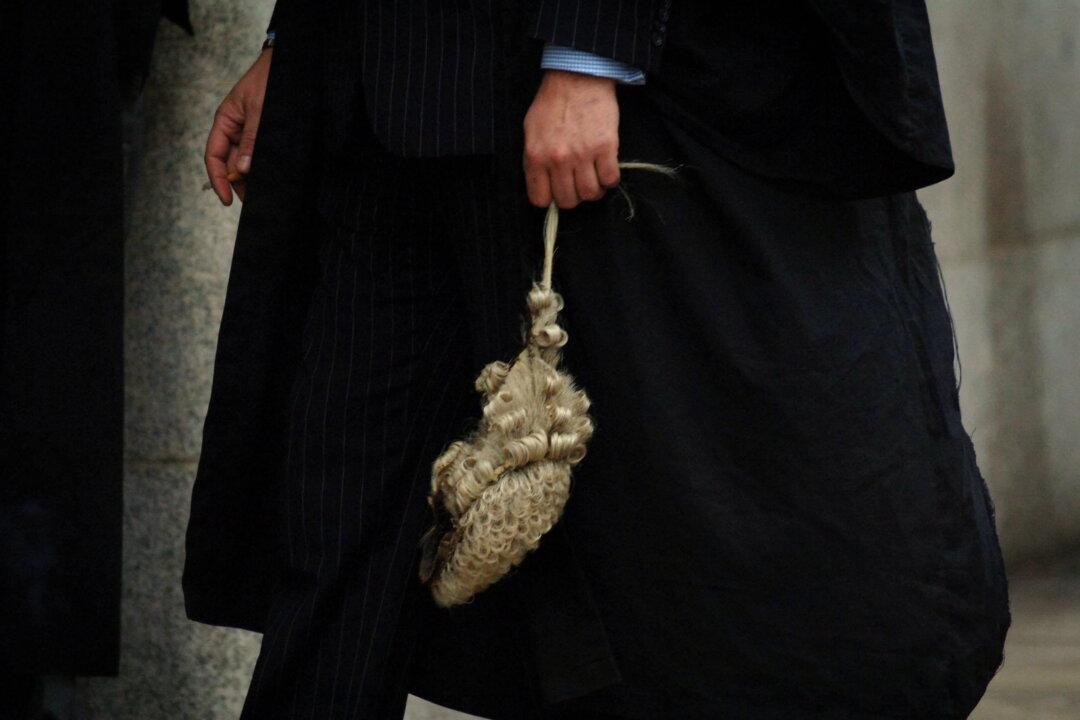Too many inexperienced and junior prosecutors are being thrown in at the deep end and asked to take on rape and sexual assault cases, according to the man responsible for inspecting the Crown Prosecution Service (CPS) in England and Wales.
In an interview with The Times of London, Andrew Cayley, KC, chief inspector of the CPS, said there was a shortage of senior barristers and he said poor pay was the root cause.





